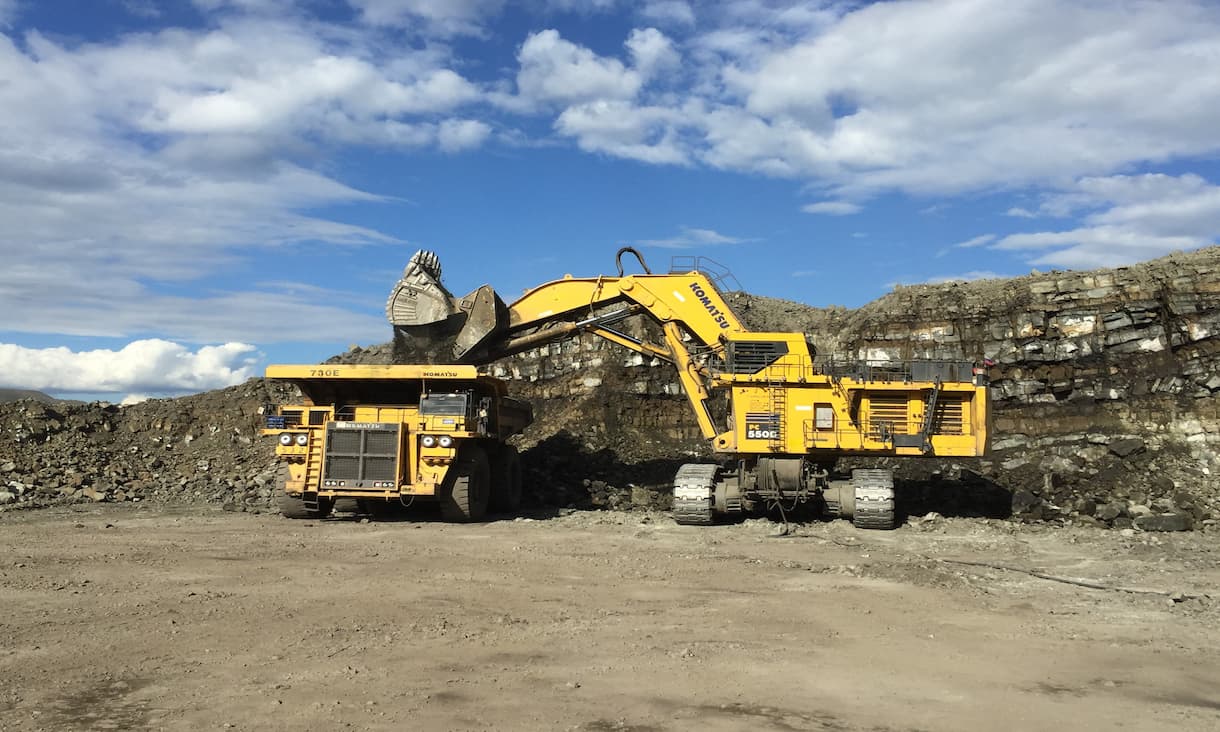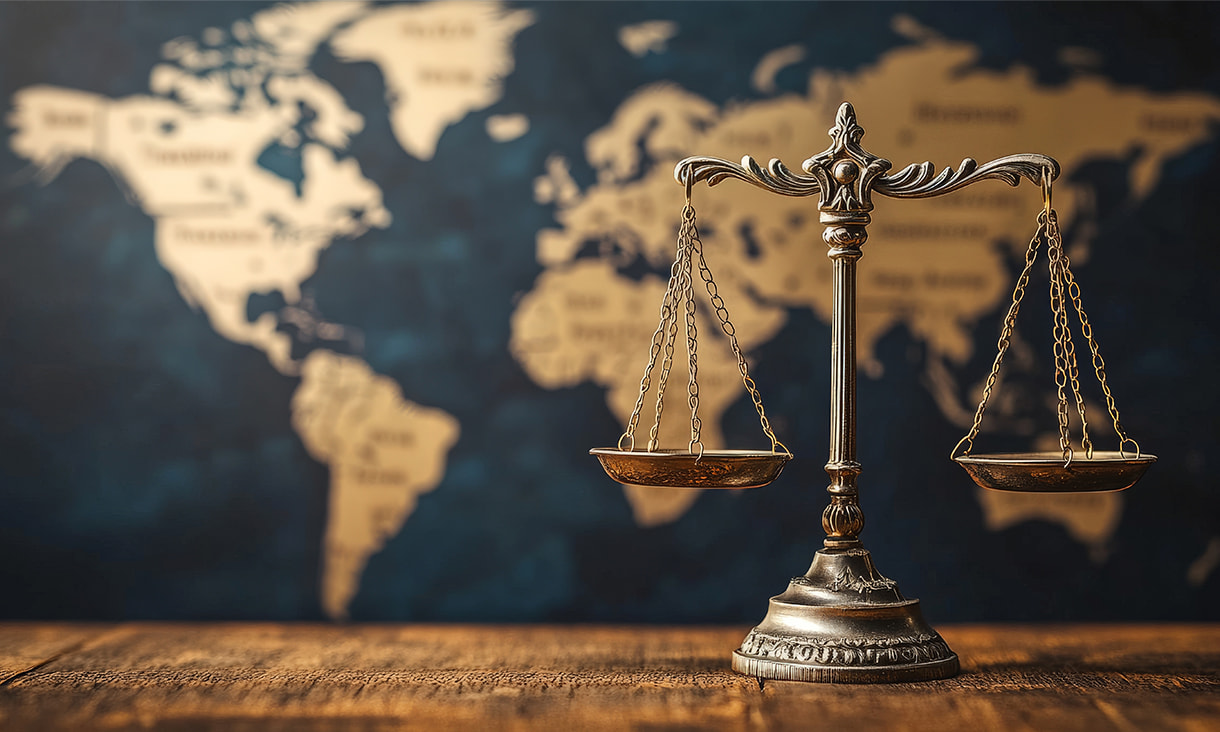While there are overlays across each of these domains, often forgotten is the increased risk of modern slavery that arises in conflict-affected areas. A range of Australian companies, from sectors as diverse as apparel, extractives, telecommunications and financial services, have business operations or supply chains in conflict-affected areas. These companies should pay special heed to these areas when performing their modern slavery investigations. Modern slavery in war-ravaged communities is not just an egregious human rights violation – it may also be a war crime
Risks of modern slavery are often assessed across four domains:
- sector and industry risks
- product and services risks
- geographic risks; and
- the risks of particular entities structures and modes of operation.
The definition of modern slavery under the MS Act is expansive and encompasses occurrences of forced and bonded labour, servitude, the worst forms of child labour, human trafficking, and forced marriage – not merely in Australia but anywhere in the world. Instances of modern slavery often coincide with modern-day armed conflicts. Indeed, they are frequently in a symbiotic relationship, feeding off one another. According to the Global Slavery Index, nine out of the ‘Top 10’ countries for prevalence of modern slavery are impacted by armed conflict. In such areas, modern slavery often exacerbates the conflict and precipitates even more human rights abuses.
Modern slavery is not unique to situations of armed conflict, but some of the most extreme examples can be found there. From children forced to work in mines to extract ‘conflict minerals’ that power our modern lives, to the trafficking of refugees hoping to escape war-ravaged communities to safer shores, the instances of modern slavery intersecting with armed conflict are substantial.
The proceeds from child and slave labour, for instance in the cobalt and gold mines of the Democratic Republic of Congo and Burkina Faso, or the gem mines in Myanmar, often finance the purchase of arms and resources that sustain militias, armed groups and even state militaries that are actively engaged in hostilities. In turn, these can then perpetuate other forms of modern slavery observed in several conflicts, such as in the Middle East and central Africa, where children and women are known to have been abducted from their homes and schools forcibly married, assaulted and used as sex slaves – ‘comforters’ to fighters. Yet others are deployed as ‘child-soldiers’ themselves, forced to engage in hostilities themselves alongside adults. Some militant groups even advertise these practices to entice new recruits.
More than 60% of the world’s cobalt comes from the Democratic Republic of the Congo (DRC) – a resource-rich country wracked by decades of conflict resulting in more than 6 million deaths. This reflects a critical link between conflict and businesses and everyday life in Australia. Cobalt is used in rechargeable batteries that power everything from phones, computers, to electric cars and home-battery systems. Children are often forced out of school and compelled to work in horrendous conditions in cobalt mines without safety equipment, exposing them to accidents, lung disease, injuries and death.
In an effort to address the issue of conflict minerals, the US introduced a requirement for companies to trace the origin of tin, tungsten, tantalum and gold in Section 1502 of the Dodd-Frank Act (2010). Similar European Union legislation comes into force in January next year. Alongside American and European counterparts, several Australian companies have already conducted and reported on their supply-chain due diligence as a result of these laws. While cobalt is not currently designated a conflict mineral under either law, a number of global companies have acknowledged the use of child and forced labour in cobalt mining and voluntarily publish data on it in their supply chain. Given the proximity of modern slavery and conflict, particularly in the DRC, companies with conflict mineral tracing obligations should also be considering modern slavery as a part of the due diligence in their supply chains.
The proceeds from child and slave labour, for instance in the cobalt and gold mines of the Democratic Republic of Congo and Burkina Faso, or the gem mines in Myanmar, often finance the purchase of arms and resources that sustain militias, armed groups and even state militaries that are actively engaged in hostilities.
Responsible businesses wish to have nothing to do with these inhumane practices on principle and are cognisant that modern slavery is both a domestic and international crime. The Australian Criminal Code criminalises modern slavery practices – even when committed in foreign countries (Div. 270, 271, 276). Moreover, in the context of armed conflict, acts of modern slavery are prohibited under international humanitarian law – the specialised body of law that regulates behaviour in conflict zones, and criminalised under international criminal law – where they can be ‘war crimes’ and ‘crimes against humanity’. This means that prosecutions of corporate personnel that are involved in or enable such crimes may be possible at both the International Criminal Court and in Australian courts. Companies could also expose themselves to significant civil litigation for their involvement in such practices, with several companies currently being pursued for compensation for perceived involvement in child labour and alleged war-crimes.
Aside from legal exposure, the reputational costs of involvement in modern slavery practices in conflict-affected areas may also be significant. For instance, responsible investors (including some major sovereign wealth funds) are increasingly mindful of these types of human rights issues in their screening of investments.
The MS Act requires companies with annual revenue over A$100 million operating in Australia to publicly report risks of modern slavery in their own operations and through their supply chains. As these modern slavery investigations and other ‘human rights due diligence’ is undertaken by the Australian corporate sector, a particular focus of their efforts must be their impacts in conflict-affected areas. This should include not only their own organisation’s impacts, but also those of their supply chains. This echoes the call by United Nation’s Guiding Principles on Business and Human Rights for greater corporate attention be paid to the humanitarian and human rights impacts of business activities in these areas due to the heightened risks of gross human rights abuses there. Leveraging their modern slavery reporting requirements is a prime opportunity for Australian companies to do so.
Australia’s Modern Slavery Act goes a long way to ensuring that Australian companies will no longer be party to such practices. It behoves companies that undertake appropriate searches for incidents of modern slavery up and down their supply chain to pay extra attention to operations or suppliers operating in conflict-affected areas. Acting upon those inquiries to end their involvement in modern slavery in conflict-affected areas, and instead promoting responsible business practices in those areas, would see Australian companies contribute to an advancement of human rights, and make a substantial contribution to peacebuilding in war-ravaged societies.
This article is co-authored by Dr Jonathan Kolieb (Senior Lecturer, Graduate School of Business and Law, RMIT University) and Dr Phoebe Wynn-Pope (Head of Business and Human Rights, Corrs Chambers Westgarth). This piece was originally published on the Corrs Chambers Westgarth blog







